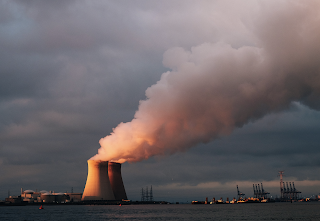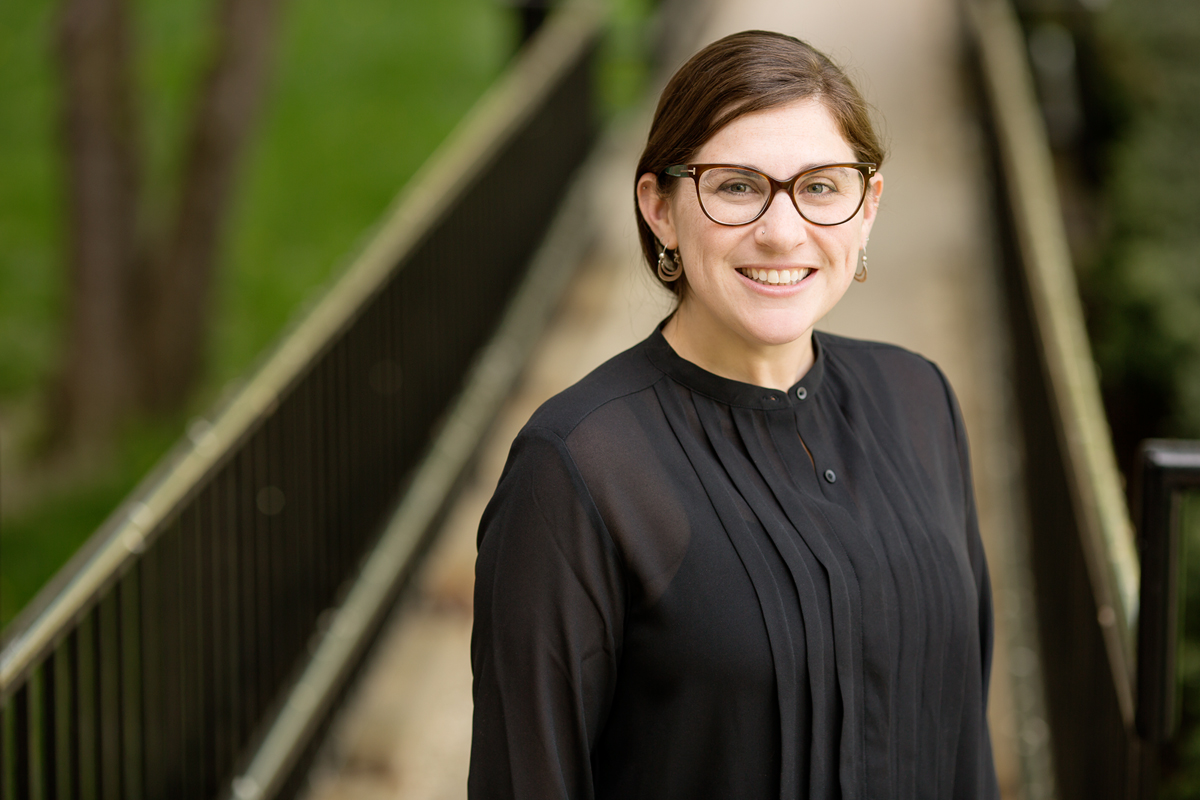On April 20th, I had the pleasure of attending a Brown-Bag event featuring a panel of experts who have worked with refugees, immigrants, and unaccompanied minors. This event was put on by the School of Social Work at the University of Illinois and was co-sponsored by the European Union Center.
The panel of experts included Lucia Maldonado of the Urbana School District, Ha Ho of the East Central Illinois Refugee Mutual Assistance Center, and Mike Doyle of the Campus YMCA. Tara Powell of the School of Social Work acted as moderator and presented the initial questions to the panelists.
It was fascinating to hear from all the panelists as the services they offered were different from each other. However, the emotions and concerns of the people they work with are very similar, especially with the uncertainty of policies from the current political administration. In her experiences at the East Central Illinois Refugee Mutual Assistance, Ha Ho noted that people used to come with questions with a clear goal in mind; now, the questions are uncertain because the future is uncertain for many immigrants.
Even in these times, there has still been a supportive response from community members in Champaign-Urbana. Mike Doyle noted that he has never seen an issue that had brought in such a community response.
There are still areas that could use improvement. Lucia Maldonado made the excellent point that there are still many gaps with regards to supporting processes such as medical procedures. For example, there was an instance of one of her students who spent two weeks trying to obtain medical services and was hindered by many obstacles.
Near the end, the panelists addressed ways in which people can help. Mike Doyle recommended supporting the organizations that are already providing services to the community. While volunteering is a potential opportunity in the future, Mike Doyle recommended patience for those wanting to become volunteers; Organizations are trying to develop plans to best serve community, and at the moment may not have any volunteer opportunities.
Lucia Maldonado highlighted the need for respecting families and providing them with privacy in these times. Also, for those involved in social work, it is incredibly important to explore what is currently offered and ask questions about the services they are not offering.
The discussion between audience and panelists was productive, and I learned a great deal about my community and steps to take to provide support for members of our community affected by the current political climate. During the final question, Ha Ho reflected on the fact that while there are great parts of our country, we know that we could be better. In these times, it is important to think critically and reflect on ways to improve services for all.




















